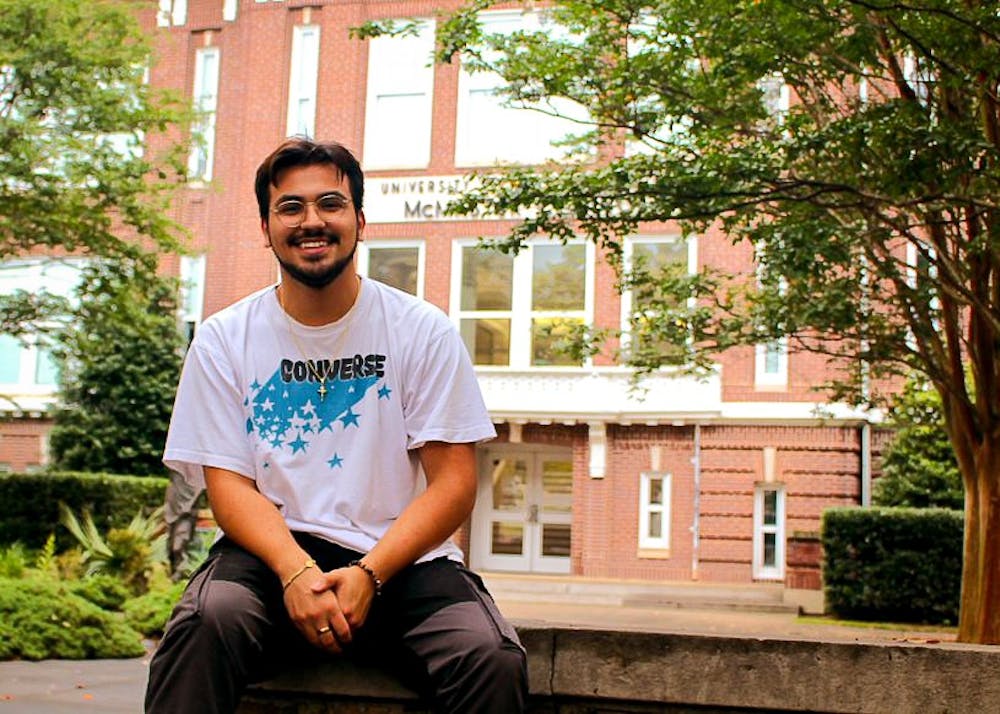Attending college is a major transition period for any student, but it poses a different experience for those who are first-generation. Defined as someone whose parent(s) did not complete a four-year college or university degree, first-generation students are predominantly nonwhite and from low-income backgrounds. They also usually face a multitude of challenges. This can include difficulties with the application process, relating to other college students and an overall pressure to excel.
“I feel like I should graduate,” Stephen Bell, a second-year media arts major, said. “It’s a huge step in my family’s direction.”
His family consists of artists, and they’ve either partially attended college or never enrolled at all. Most of his family grew up low-income, which “adds motivation to it all” for him to finish his degree, said Bell.
While Bell feels some pressure to do well in school, he never felt forced to attend college by his family. “My mom has always said you don’t have to go to college, especially in the world we live in now,” Bell said. “Anyone can be successful in their field without having to go to school.”
However, Bell wishes there was more of a community on campus for others like him.
“I feel like there should be some kind of way to connect more with others who are first-generation in general. That would be kind of cool to meet people and hear their stories,” Bell said. “Being in a school with over 21,000 students can definitely be overwhelming. So knowing you have other kids who kind of grew up in the same environment … could really help.”
In the Fall of 2019, 17% of the student body population at the University of South Carolina was first-generation, according to data from the Office of Enrollment Analytics.
UofSC’s website includes a page specifically for first-generation students. It outlines a variety of academic, financial and on-campus resources available to help those succeed. The University also has a few organizations on campus for first-generation students, such as a National Honors Society and a First-Generation Student Organization, both of which have only been established for a few years.
Additionally, UofSC offers several programs and grants. One of them includes the First-Generation Scholars Program which was started by the College of Engineering and Computing.
If invited to be a Summer Start Scholar, first-generation students have the opportunity to live on campus for three weeks before the start of school. During that time, they take a 3-credit hour course, learn their way around campus, and receive information on resources that can help them throughout the academic year. The program is entirely free for participants, plus they receive a $1,000 scholarship for four years of undergraduate study.
Bradley Trevino, a first-year mechanical engineering major, was selected to be a part of the pilot program this past summer.
“I thought it was a good opportunity,” Trevino said. “There’s a lot of misconceptions when it comes to going to college, especially if you don’t know anybody that’s ever been to college.”
Trevino is the first person in his family to attend college. His parents, who are originally from Mexico, never finished high school. His education is primarily motivated by future goals, like starting a family.
Trevino said the transition into school would “not have been so easy” if he wasn’t a Summer Start Scholar. In fact, he hopes to be a counselor for the program next summer.
While the program mainly taught Trevino how to navigate college life, it also provided him with long-lasting friendships. “We still talk. We still meet up on the weekends when we can,” Trevino said. “For me to be able to meet these people who have accomplished their goals … it’s pretty inspiring.”



